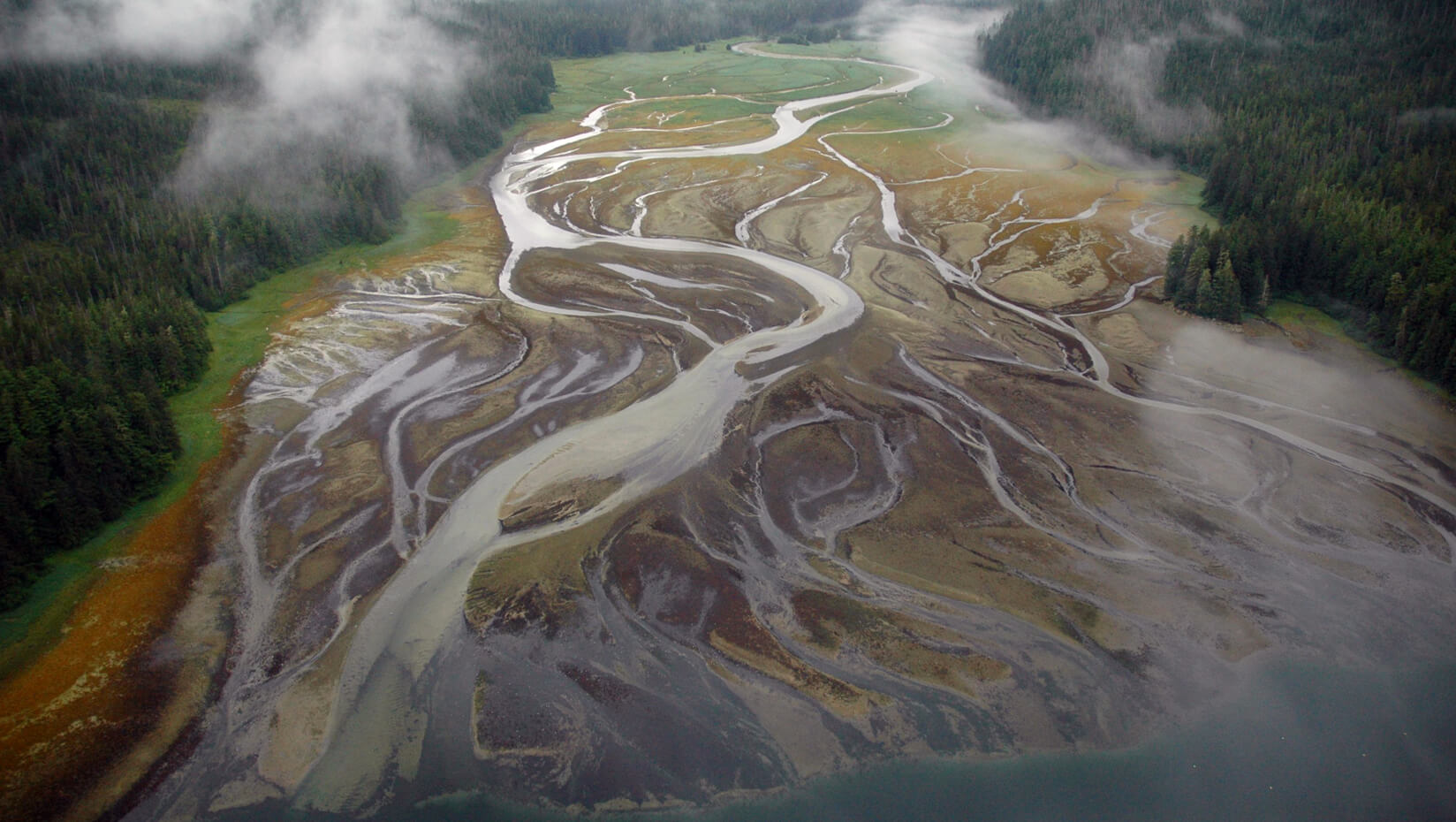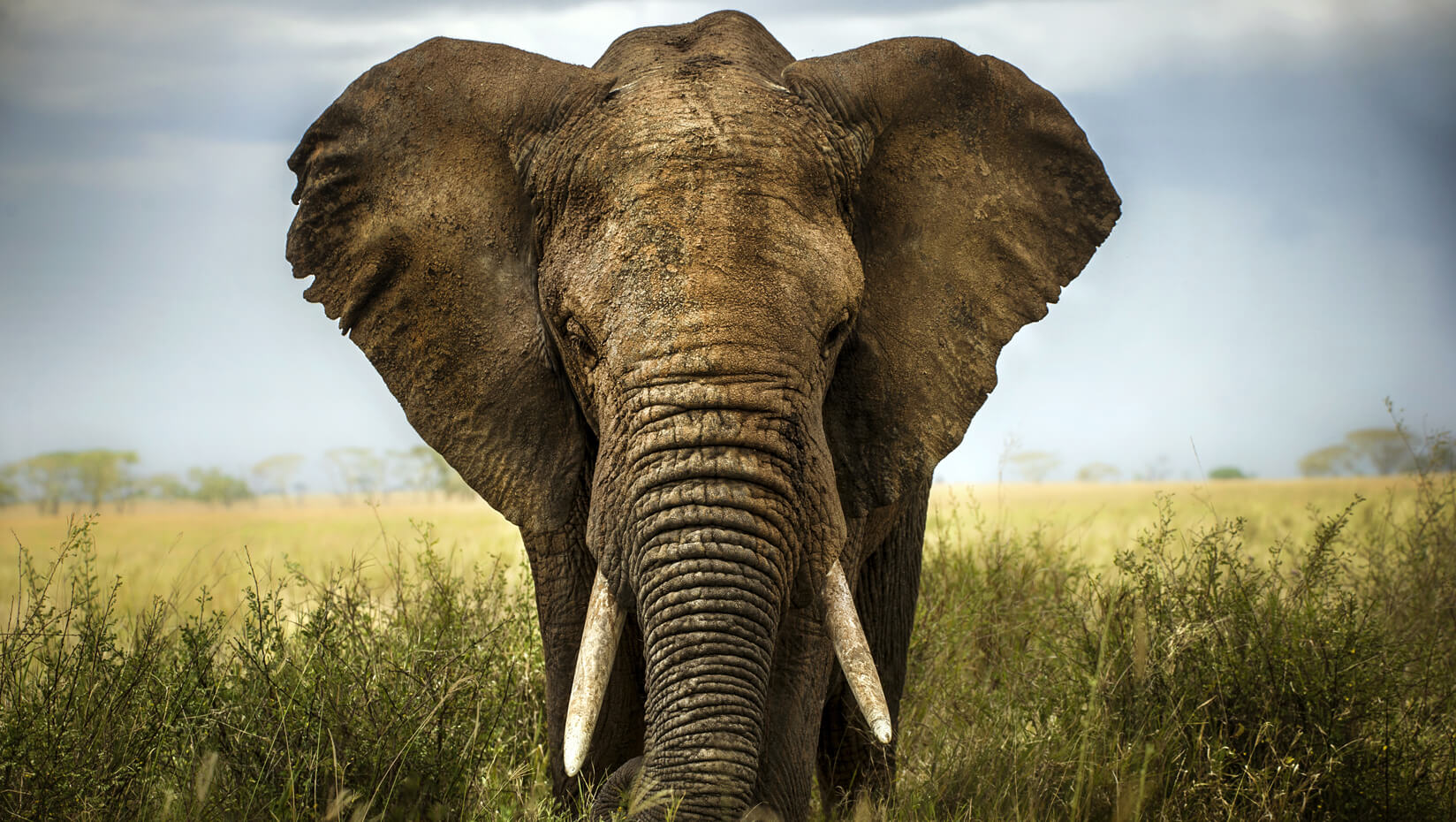UMaine study cited in Cleveland.com article on economic effects of lead poisoning
A University of Maine study was cited in the Cleveland.com article, “A look at the steep costs of lead poisoning: Toxic neglect.” Lead poisoning, even at low levels, causes diminished intelligence and learning problems, according to the article. It causes some of the largest economic effects from the toxin — loss of earnings and lost […]
Read more

